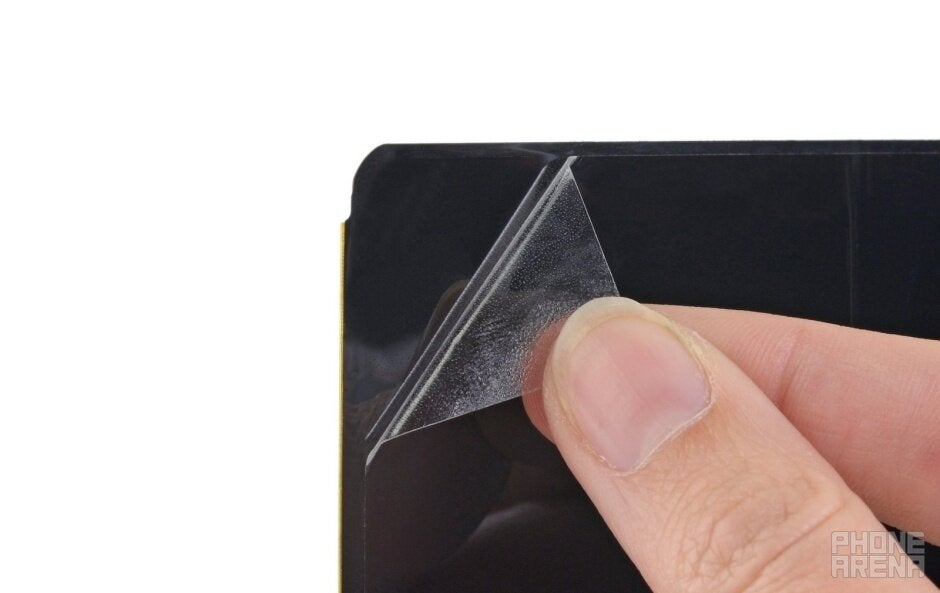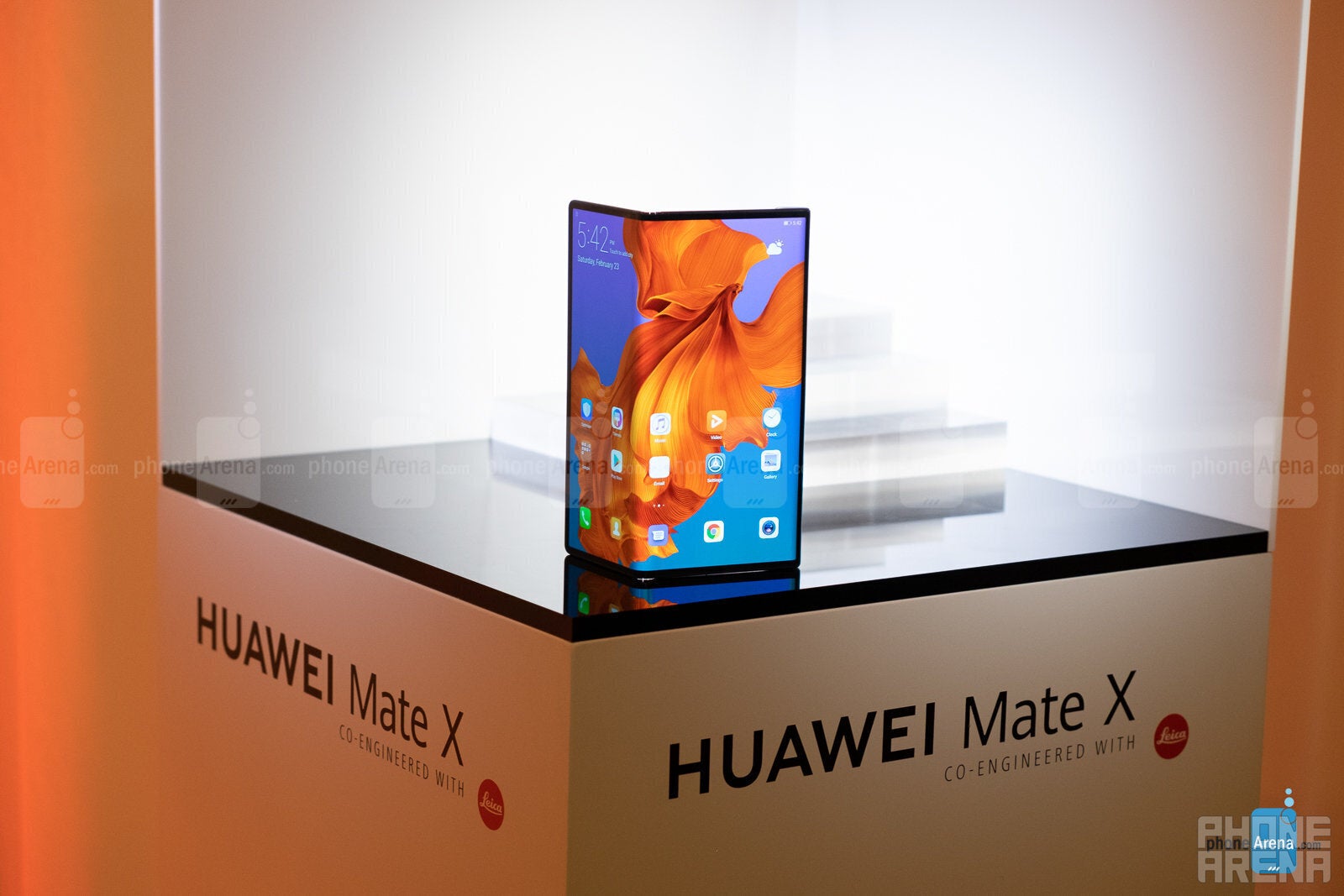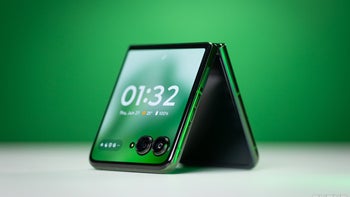Samsung should just cancel the Galaxy Fold
This article may contain personal views and opinion from the author.

In keeping with the tradition of the last few years, Samsung couldn't wait for the IFA trade show in Berlin, taking the wraps off the Galaxy Note 10 and Note 10+ at a special New York event several weeks ago. But surprise, surprise, it seems the company might have something exciting planned for next week's kick-off of the European consumer electronics exhibition as well.
Of course, the excitement surrounding the Galaxy Fold took a big hit when influencers started breaking units which were supposed to withstand 200,000 open-and-close actions. An indefinite delay and months of uncertainty followed, as Samsung totally bungled a "stabilization" process that really should have been carried out long before pre-orders got underway.
You could say it's better to fix these things late than never, but I'm here to argue Samsung's first-generation foldable device needs to be put down. Canceled. Nixed. Killed with fire. The Galaxy Fold is an experiment gone wrong, and neither the market, nor consumers have anything to gain from a tardy, limited, and pointless release. Here's why.
The chain of trust has already been broken once
Does anyone remember the Galaxy Note 7? I'm sure Samsung would like to forget about it, as evidenced by that neat, amnesia-stricken infographic last year, but folks who've been following the mobile tech scene for more than a couple of years certainly 'member the 2016 PR fiasco. You might have also noticed that Samsung somehow came back stronger after a major scandal that would have probably compromised the reputation of almost any other smartphone vendor.

The plastic screen protector of the Galaxy Fold will be replaced with a... stronger plastic screen protector
Now, I'm not saying the Galaxy Fold issues were as bad as the Note 7 explosions, but they were still pretty bad. And they impacted an infinitely pricier product that has no direct rival in the market or an obligation to carry the company's high-end handset sales on its shoulders until the next Galaxy S-series flagship is released. It's fairly obvious Samsung was able to recover so quickly from the Note 7 debacle because it never considered a re-launch.
The company messed up, immediately took the blame, and solemnly vowed to do better, which it did. Now fast-forward to the upcoming Galaxy Fold reboot and imagine even one new unit will present a flaw of any sort. A repeat of the April PR nightmare would be largely inevitable, but this time around, finding acceptable excuses feels pretty much impossible. It's simply not acceptable to treat consumers like beta testers twice for the same device.
Why the rush?
Okay, let's assume for a minute Samsung indeed managed to miraculously improve the durability and solve all the build quality problems of the early Galaxy Fold units. Even if that's the case (and I'm personally not convinced after so many conflicting statements about the status of the "stabilization" efforts), the foldable phone will still look like it did months ago, display crease included.

The Huawei Mate X should probably be cancelled as well
Actual flexible glass is also still not a thing yet, so although it may well be harder to peel off, the protective cover of the Galaxy Fold's massive 7.3-inch screen will be a cheap piece of plastic. Perhaps most importantly, it looks like the price point will remain sky-high... for an experimental device that doesn't use the best build materials available and serves little to no functional purpose (more on that later.)
All things considered, one has to wonder why on Earth does Samsung need to commercially release the Galaxy Fold this fall. It can't be because of the competition, as Huawei is facing similar challenges refining the Mate X, not to mention all those other problems threatening its very existence outside of China. There's also that oft-rumored mid-range reborn Razr, but something makes me skeptical about the immediate foldable ambitions of a company that seems to have abandoned the "conventional" high-end segment.
One theory would be that Samsung is frustrated at the lack of foldable design development after working for years and years on this bold concept. But that's precisely why the company should take as much time as it needs to get everything in order instead of rushing some half-baked prototype with glaring flaws to the market.
Foldables are not the solution to the mobile industry rut... yet
I know what certain analysts and research firms are saying, and I partially agree with them. Foldable designs and 5G connectivity could help boost global smartphone shipments... eventually, but only when the former reach a mature stage in their development and the latter succeeds in delivering the big speed upgrades currently anticipated on a wide scale.

Until then, "true" 5G performance remains a pipe dream and foldable devices are a solution in search of a consumer problem that doesn't seem to exist. A phone that can seamlessly transform into a tablet (or vice versa) may have sounded groundbreaking and game-changing several years back, but nowadays you can comfortably hold a tablet-sized handset with virtually no bezels. And pay half of what the Galaxy Fold will cost.
That being said, the foldable concept definitely shows a lot of promise, and by the looks of things, Samsung is exploring numerous ways of implementing it while clearing all these early hurdles. But instead of flogging the first-gen Galaxy Fold dead horse, perhaps the company's resources would be better spent skipping straight to a 2.0 or 3.0 edition. We'll wait and keep our two thousand bucks in the bank.













Things that are NOT allowed: